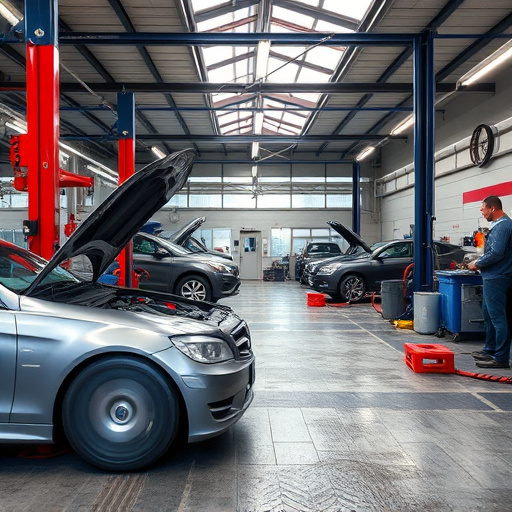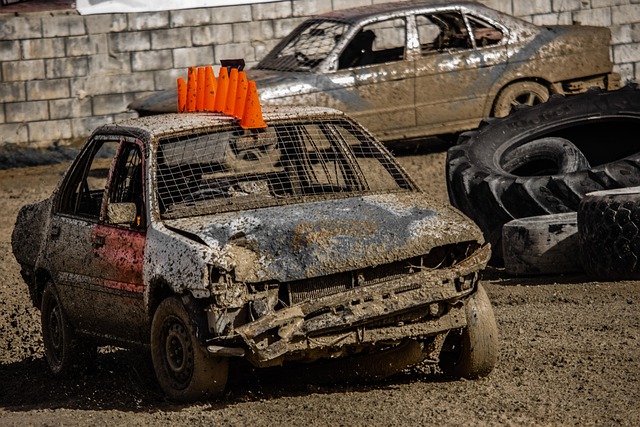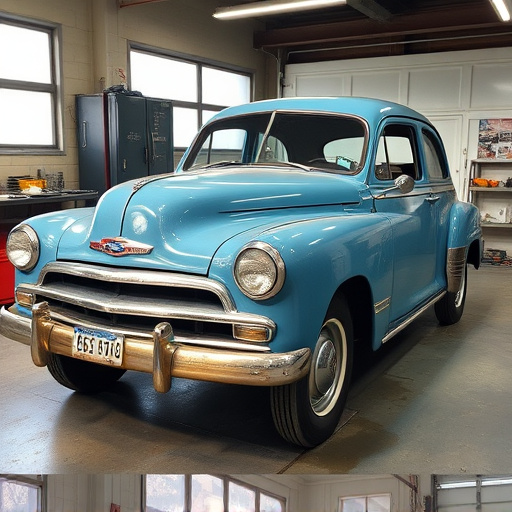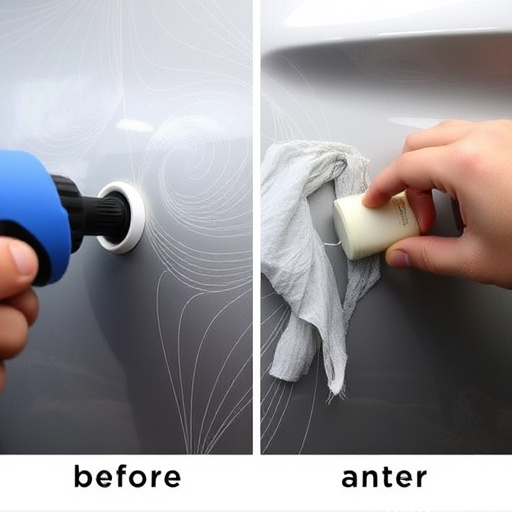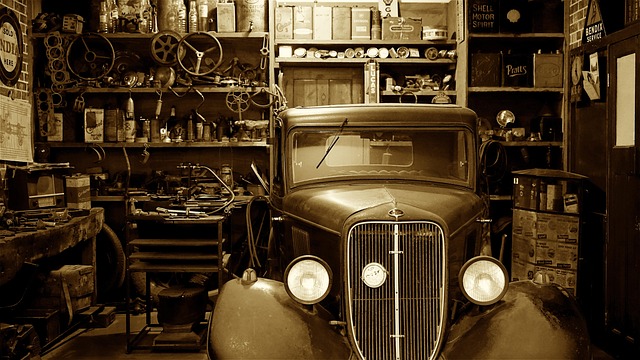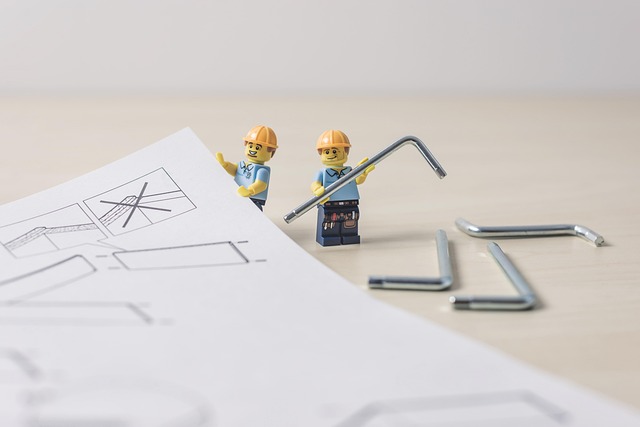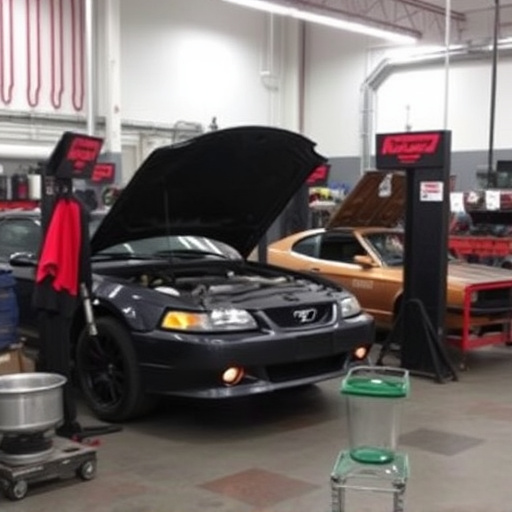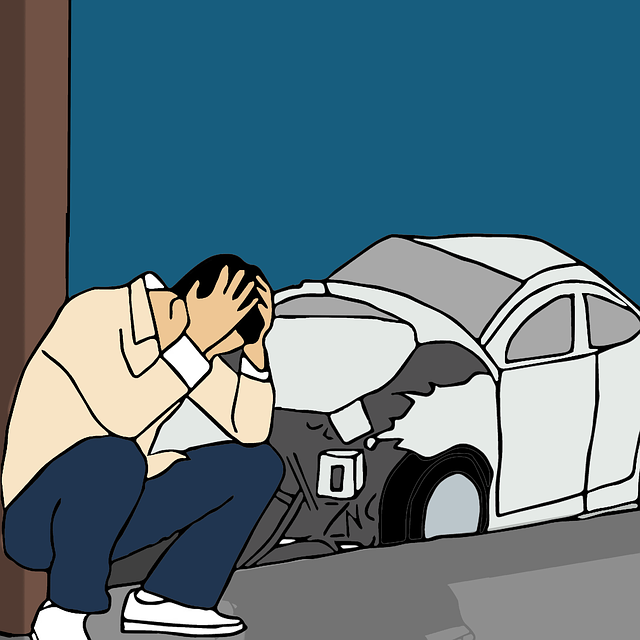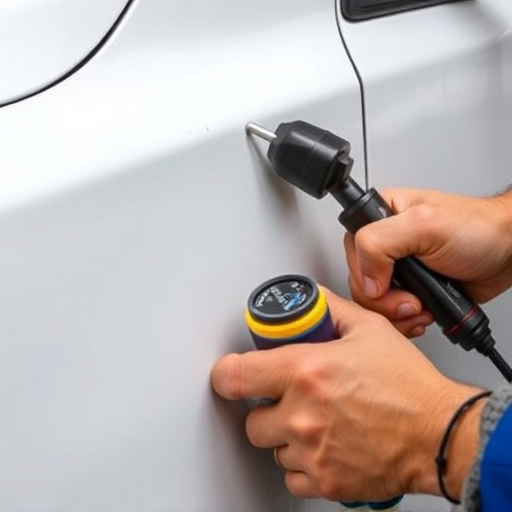Advanced Driver Assistance Systems (ADAS) in modern vehicles rely on sensors like cameras and LiDAR for critical safety features. Regular safety sensor recalibration is vital to maintain optimal sensor performance, as environmental changes and vehicle movements can cause "sensor drift," leading to potential hazards. Improperly calibrated sensors may fail to detect dangers or provide false readings, compromising vehicle and driver safety. Periodic recalibration ensures these systems function accurately, enhancing collision repair efficiency and minimizing body damage. Professional auto repair services offer meticulous sensor recalibration, ensuring safety systems operate flawlessly.
Advanced vehicles, with their sophisticated onboard sensors, are transforming the driving experience. From autonomous features to enhanced safety systems, these innovations rely on precise data. However, as vehicle technology evolves, so does the complexity of sensor integration. This necessitates a focus on safety sensor recalibration to ensure optimal performance and safety. Our article explores why regular recalibration is vital for modern vehicles, delving into the intricacies of advanced sensors and their impact on driving dynamics.
- Understanding Advanced Vehicles and Their Complex Sensors
- The Role of Safety Sensor Recalibration in Modern Driving
- Why Regular Calibration is Crucial for Optimal Vehicle Performance and Safety
Understanding Advanced Vehicles and Their Complex Sensors

Advanced vehicles are no longer just about powerful engines and sleek designs; they are equipped with an intricate web of sensors that enable sophisticated driver assistance systems (ADAS). These sensors, ranging from cameras to LiDAR, play a critical role in enhancing safety features such as automatic emergency braking, lane-keeping assist, and adaptive cruise control. However, this technological advancement also means these sensors require meticulous care and regular maintenance, especially when it comes to safety sensor recalibration.
The intricate nature of advanced vehicles’ sensor systems means that even minor disruptions can impact their performance. Over time, factors like environmental changes, vehicle movements, or accidents can cause these sensors to drift from their original settings, leading to potential safety hazards. Therefore, regular safety sensor recalibration is essential in ensuring these sophisticated systems function optimally and accurately, ultimately contributing to safer vehicle collision repair and minimizing the need for extensive vehicle body repair in a collision center.
The Role of Safety Sensor Recalibration in Modern Driving
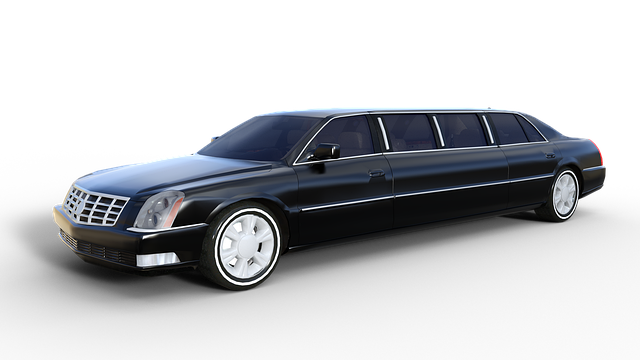
In modern driving, safety sensor recalibration plays a pivotal role, especially as advanced vehicles become increasingly integrated into our daily commutes. These sensors, crucial for features like automatic emergency braking and adaptive cruise control, require regular fine-tuning to ensure optimal performance. Over time, environmental factors can cause slight discrepancies in readings, leading to potential safety risks. Therefore, periodic recalibration is essential to maintain the efficiency of these life-saving systems.
A well-maintained and up-to-date calibration guarantees that a vehicle’s sensors accurately detect obstacles, pedestrians, and other vehicles on the road. This is particularly important for luxury car brands like Mercedes Benz repair, where advanced driver-assistance systems (ADAS) are standard features. At a trusted collision repair shop or auto collision center, professionals utilize specialized tools to recalibrate these sensors, ensuring they function at peak accuracy. Such attention to detail not only enhances safety but also prevents costly and avoidable accidents in both urban and rural settings.
Why Regular Calibration is Crucial for Optimal Vehicle Performance and Safety
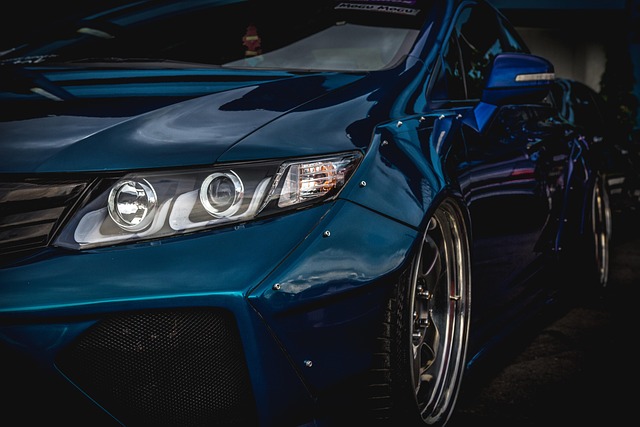
In today’s advanced automotive landscape, safety sensor recalibration is no longer a luxury but an absolute necessity for optimal vehicle performance and safety. These sensors, found in modern vehicles, play a pivotal role in various safety systems such as collision avoidance, lane departure warning, and adaptive cruise control. Over time, these sensors can drift or become less accurate due to environmental factors, regular use, and wear and tear. Regular calibration ensures that these sensors operate at peak efficiency, providing drivers with the most reliable warnings and interventions when needed.
Neglecting safety sensor recalibration can lead to serious consequences. Improperly calibrated sensors may fail to detect hazards or provide false readings, compromising the overall safety of the vehicle. This is where professional auto repair services come into play. Skilled technicians offer car damage repair solutions, including meticulous sensor recalibration, to ensure your vehicle’s safety systems function flawlessly. Regular maintenance and timely recalibration are crucial investments for drivers seeking peace of mind on the road.
Advanced vehicles, with their sophisticated sensor systems, require regular safety sensor recalibration to ensure optimal performance and maximum safety. As these vehicles navigate increasingly complex driving environments, maintaining precise sensor calibration becomes essential. Regular recalibration not only enhances vehicle responsiveness but also plays a vital role in preventing accidents by ensuring that every system functions in harmony. Therefore, prioritizing safety sensor recalibration is crucial for both efficient vehicle operation and passenger protection.
